On the road of life, we tend to feel we’re flying down the freeway on a fast track to nowhere in particular but that the possibilities are endless. There’s any number of exits and off-ramps, pitstops and points of scenery we could choose for ourselves along the way so the path (sometimes, the destination) we choose can vary quite easily.
But the last thing we’re likely to do is stop to ask for directions. Why is that?
For many young men, the road of life has historically been a narrow dirt path, rigid and worn down by generations of travelers and paved long with the treads of tradition, so deep the wheels have no choice but to follow the same grooves for fear of getting a flat or bottoming out. The path offers few guard rails and even fewer signposts to point the direction, but we continue further down the road, hoping it’ll lead us to the right place. Oftentimes, there aren’t any turnoffs to help us go back or change course, our direction becomes the one and only laid out before us, and the likelihood of winding up somewhere new and different dwindling with each bend in that proverbial road.
Although many men have followed the road as far as it goes without question, others are beginning to pull off and set up road signs to warn of sharp turns, potential mudslides and the distance to destinations ahead, knowing they’ve perhaps gone so far down this path that it’s a lifetime back to the main drag and that their time might best be used to help oncoming travelers avoid the same forks in the road.
That’s about where we are right now as men.
We are finding that the road we’ve been on isn’t exactly the smartest route to where we’re trying to get, and now many of us have pulled over with road flares and neon vests to redirect some of the young men coming up behind us. We’ve seen some of what lies ahead, and we know, for many, it’s a dead end.

Photograph: Picador
Nadim Shamma-Sourgen was recently awarded a book deal for poetry he has spent the vast majority of his life writing. The poems are astonishing in their ability to convey his emotions, even more astonishing because Nadim is only 4 years old.
Peggy Orenstein’s Boys & Sex illustrates a common thread for young boys who have struggled with the weight of masculinity because of an overly-simplified definition of it that is robbing them of their full and true potential. This strange period of quarantine, however, has sequestered boys from both bullies and expectations, giving them the space to express emotions and frustrations they’re wrestling with.
Similarly, Kimmi Berlin, 7, is learning it doesn’t have to be all Rick Flair and Ninja Turtles, that is to say, he’s learning that playing doesn’t have to be brute force and physical. Emotions like happiness or sadness don’t have to be buried deep inside for nobody to see, and that Barbie’s dreamhouse has an all-inclusive open-door policy.
More Man Enough: Creativity Can Be the Catapult From Depression to Self-Discovery
These headlines are slipping in between the cracks of all the madness in the news, but these stories aren’t astonishing; they’re long overdue. And the toxic forms of masculinity they’re subverting is not always toxic in the sense of the word we assume, like child abuse. It’s the general acceptance of subtle suppression for sweet boys who want to feel safe to have that honest outlet. It’s in making men feel ashamed for their sensitivity long before they’ve become men, but by then, it’s hard to turn the car around and double back.
Navigating this new masculinity is going to take time, but the pace at which things are changing can be a positive conductor for young men if we’re attuned to it.
For instance, this boy and his blog, Joseph and His Mistakes, shows a young man on the cusp of many major life decisions who notices red flags and warning signs already in his life, from locker room talk at the poker table to the lifted skirt of toxic masculinity, showing an impressionable kid more than his eyes should see at that (or any) age. But that’s only because we’ve kept young men in the dark for too long, only to quickly lift the veil and shove them into the world without so much as a roadmap.

Photo: rawpixel (Envato Elements)
More and more, boys are finding ways of expressing themselves in new ways to avoid the pressure of sincerity required by words. From painting and piano to the way they’re interacting at home while schools have been closed, boys are accessing the full range of emotions that many generations before have had to be exclusively selective with in the past.
If we want these victories to continue amongst young men so that they might continue to grow with a positive outlook on opening up to their truest self, then it’s the responsibility of the driver to take the right course. It might be bumpy at times, and the urge to turn back to the road everyone else is on might be tempting, but with the right person behind the wheel and enough snacks, there’s a lot of potential for a grand adventure.
You may not be a father yet, but you may be a brother, a buddy or an Uber driver. Whatever the capacity, you have the ability to help young men get from one point to the next, however small, and find their own way to where they’re going. And it’s not necessarily one even you’ve seen before. After generations of men talking down to boys instead of with them, make space for these young men to communicate ideas and promote positive creative experiences, whatever they may be.
There are no wrong routes if you wind up at the right destination. Some may take a bit longer than others, and some might involve a few highly questionable and fairly unsanitary stops, but if you follow your compass and avoid the swamps, you’ll get there.
Because on the road of life, we may miss a few exits or get spun around, but we eventually find our way. Though it never hurt to stop and ask for directions.
Think about what you can do for the young men in your life. What kind of guidance can you offer them from your own experience? Maybe some of those missed opportunities and misspent youth will serve a purpose after all.
For more ‘Man Enough’ episodes, go here.
Follow us on Facebook and Instagram. Remember tag us in your most #manenough moments!
Cover: altanaka (Envato Elements)
https://www.instagram.com/p/CCB6p7HJONs/






